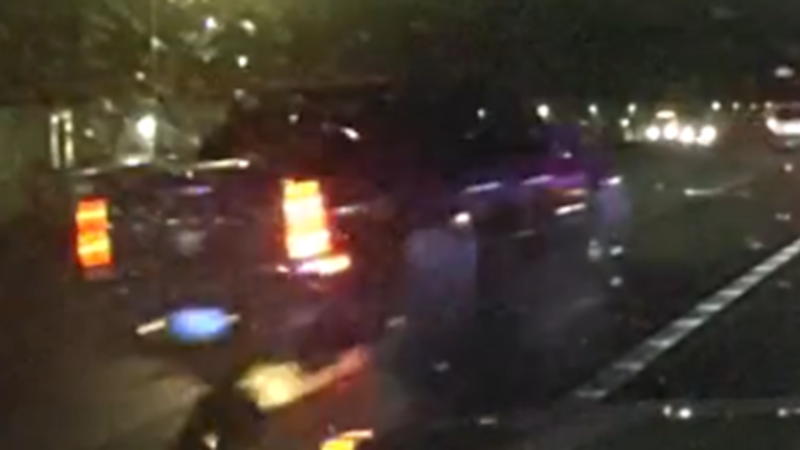SEATTLE — Former Washington State Attorney General Rob McKenna says all the tents scattered around Seattle are the result of the city’s own actions and lack thereof.
“Seattle has made this set of decisions, both not to have rules prohibiting camping on public property except public parks, and they’ve decided not to enforce the rules they do have sometimes,” McKenna told KIRO Radio’s Dave Ross. “There were a couple of people camping in a park across the street from where I live in Seattle and they were there for a couple of months. The neighbors complained over and over again and finally, the city took action.”
McKenna notes there is no law in Seattle prohibiting camping on a right of way. There is a city law that prevents camping in public parks. There is also Seattle code that prohibits what is called “pedestrian or vehicle interference.” It is illegal to intentionally obstruct people and cars from getting around town. It is also illegal to aggressively panhandle.
Scroll down to continue reading
More news from KIRO 7
- Alaska Airlines announces restrictions to carry-on bag sizes
- Burglar accused of breaking into home, renting it out
- Pair disappeared after buying ferry ticket, but new technology could solve case
- Newborn left in Safe Haven Baby Box at Indiana fire station
- The Latest: Military plane crashes in Algeria, 257 dead
While those camping laws are on the books, Seattle seems selective when it comes to who it throws the book at. For example, protesters were allowed to block traffic for hours in downtown Seattle. They were not arrested. Interim Police Chief Carmen Best argued protesters had a right to free speech. Yet, as McKenna points out, it is against Seattle law to block traffic.
And a homeless “tent mansion” has been allowed to exist near Seattle Center. Its residents came from West Virginia to settle on the Seattle sidewalk. They have been offered homeless services. They rejected the help.
“If they are blocking a sidewalk that would be a basis for removing a tent because they would be violating the prohibition on obstructing pedestrian traffic,” McKenna said. “Of course, sidewalks are meant for pedestrian traffic. We’ve all seen the large tents on right of way that do not stretch onto the sidewalk. I see them all the time under I-5, but those would not violate.”
“The other part of this is if the city is enforcing the law,” he said. “If you have a homeless Taj Mahal that is partially constructed on a sidewalk, when does Seattle choose to enforce its code, which would allow them to remove at least that part of it off the sidewalk?”
Seattle camping laws
McKenna argues that public property is "owned by all of us." Which is why many places have passed public camping laws, prohibiting activity that blocks public use.
“That’s why many cities in our state, and elsewhere, and some counties, have passed ordinances prohibiting camping on public right of way,” McKenna said. “Seattle does have an ordinance that prohibits camping in Seattle public parks. Which underscores the fact that they are being selective on where they’re prohibiting camping on publicly-owned property. So there is not a fundamental right (to camp on public property). There are emergency shelters and there are other options.”
“What we see is commonly called a broken window effect,” he said “In other words, someone notices one broken window in a shuttered building and they think it’s an open target, so then all the other windows get broken. Someone sees a Taj Mahal type tent on public right of way, they say ‘I guess that’s allowed. We will do it, too.’ And that’s exactly what the people from West Virginia are doing.”
KIRO






